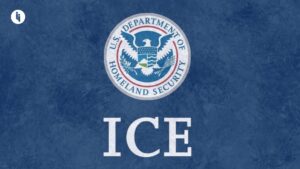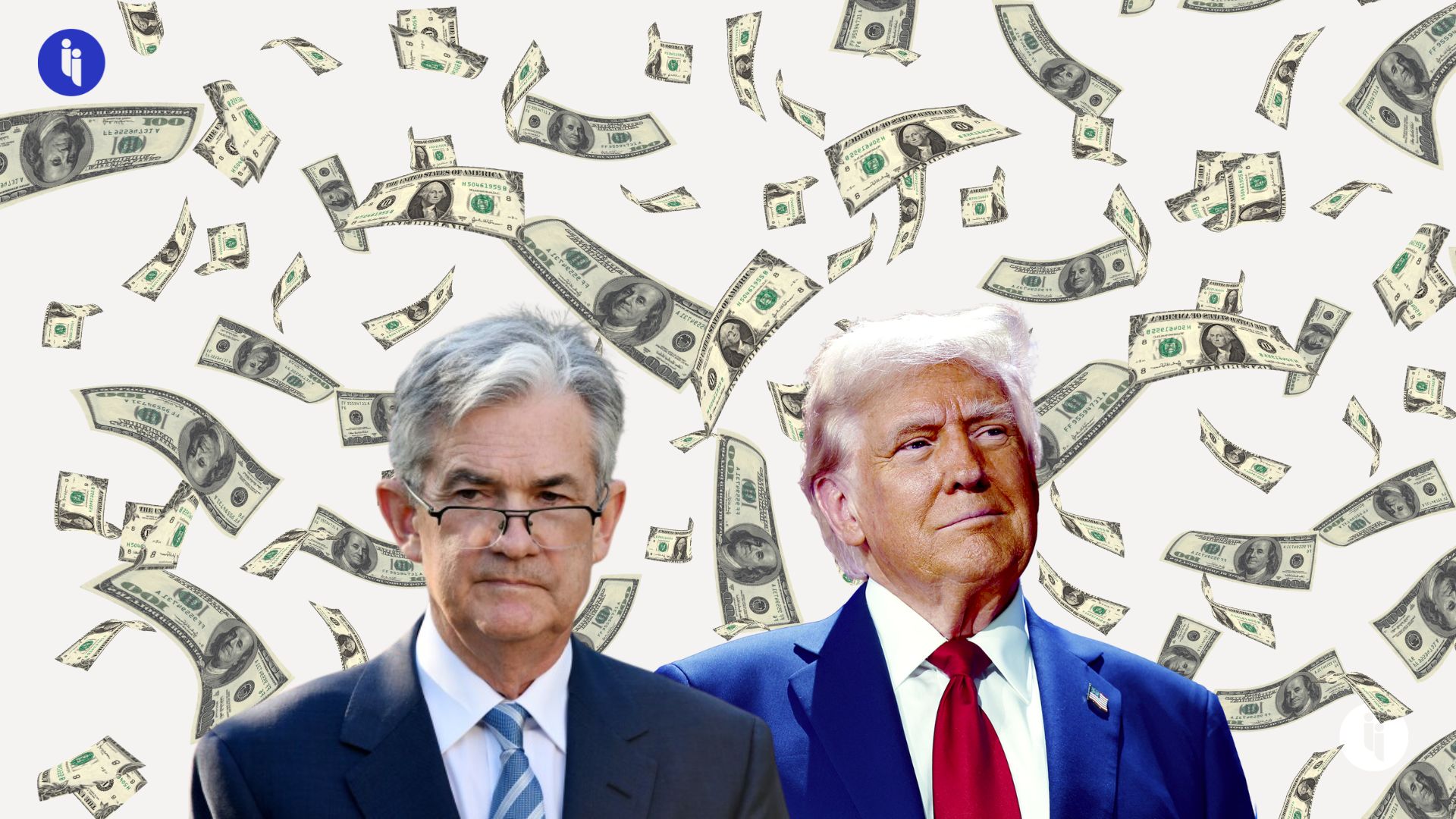US stocks and the US dollar plunged again on Monday after the president colourfully called on Jerome Powell, the Fed Chair, to cut rates.
- Trump’s argument is that, with prices dropping, Powell should make “pre-emptive cuts” to avoid any economic slowdown, but…
- Powell has already signalled he’s in no rush to cut rates given the risk Trump’s tariffs will just lead to another inflationary spike.
Anyway, while this monetary soap opera plays out on the world stage, it’s reignited a debate that everyone thought was resolved decades ago: the notion that central banks must be independent from politics.
Why? The basic argument is independence enables the Fed to do its job (tame inflation while supporting growth) in a way that’s:
Stay on top of your world from inside your inbox.
Subscribe for free today and receive way much more insights.
Trusted by 160,000+ subscribers
No spam. No noise. Unsubscribe any time.
- a) Based on evidence rather than politics
- b) Focused on long-term stability rather than short-term politics, and
- c) Good for markets, who can stop fearing government interference.
And while central bankers have their critics (labelling them elite, opaque, unelected, unaccountable), this is now more than just a Twitter argument: decades of data suggest greater central bank independence leads to lower long-term inflation.
But of course, that’s irritating for world leaders who might hold the nuclear codes, yet not the simple ability to cut rates, or even fire the person who can (but won’t). In Trump’s case, that irritation will be heightened by the fact Powell is a Trump 1.0 hire.
And yet when world leaders voice their irritation, that can wrongfoot central bank chiefs who might’ve otherwise reached their own independent decision to cut rates:
- The mere perception of caving to political pressure can erode market confidence in a central bank’s commitment to its core mission, and…
- Those doubts can quickly flow into higher inflation expectations and lower stock values, as investors sniff risk ahead.
So arguably, the act of even starting a debate around central bank independence means losing it, like some monetary version of Godwin’s Law.
Intrigue’s Take
Just like for high-schoolers, reputation is everything for central bankers. Lose it and you’ve really gotta switch schools. Just ask Turkey’s…
- Murat Çetinkaya (2016-19), who obediently kept rates low but fed inflation
- Murat Uysal (2019-20), who obediently hosed billions defending the lira, or
- Şahap Kavcıoğlu (2021-23), who obediently cut rates and worsened both.
Erdogan booted each as they changed course, but he’s still grappling with inflation, a weak lira, and a persistent cost of living crisis. And that’s because the core problem was never any single central bank chief, but rather their collective and cumulative loss of credibility, driven by their collective and cumulative obedience to Erdogan himself.
Compare them all to (say) the European Central Bank’s then-chief Mario Draghi, who had built up so much technical and institutional cred, he effectively just had to utter three words (“whatever it takes”) to single-handedly end the historic euro crisis.
But it’d be wrong to suggest central bank credibility therefore rests on democracy: even the banks in Xi’s China and hybrid Singapore, for example, variously enjoy credibility based not so much on any formal independence, but on their competence.
Rather, the divide here is less about regime type, and more about whether citizens (and thus markets) fundamentally trust their authorities. And as the US Fed has necessarily gotten more creative and expansive in its response to each new crisis (the alphabet soup of examples includes TALF, MSLP, RRP, BTFP), it’s stretching popular understanding, which strains popular trust, which in turn invites populist criticism.
But ultimately, the problem in our view is not so much how the Fed responds to each new crisis, but rather why these crises keep coming — and that’s really a question for the politicians (of all stripes), and the folks electing them (us).
Sound even smarter:
- Some nations have tackled the above challenges by just abolishing their central banks altogether, effectively outsourcing their monetary policy (and thus credibility) to the US Fed by adopting the US dollar. Panama and Ecuador are two prominent examples, with Argentina’s Javier Milei famously pledging to follow suit in Argentina.





